“I sometimes think that 90% of the people walking around here are economic refugees.”
In one week, two large groups of economic Moldovan migrants came to an application center for asylum seekers in Ter Apel, Netherlands. This is a small village with a population of 8,866 residents. A driver and his navigator were arrested on suspicion of human trafficking. Last Saturday, a van was carrying nineteen illegal migrants, and then yesterday a bus arrived at the application center with with 65 illegal migrants. Dutch sources tell us that these are not typical Moldovians, but Gypsies.
Netherland’s State Secretary of Security and Justice, Ankie Broekers-Knol, confirms that the number of Moldovans reporting to the Netherlands has increased in recent weeks. “Last week, between 350 and 400 Moldovans suddenly came to Ter Apel.”
At this time, there is no war in Moldova, yet 851 Moldovans have come to the Netherlands this year. In 2018, there were 852 asylum seekers from Moldova. That number is more than double that in 2017 when 342 asylum applications were made by Moldovans. This means that Moldovans are currently the largest group of asylum seekers in the Netherlands after Syrians.
Human trafficking officer Sierd Eijzenga of the Public Prosecution Service told the NRC Handelsblad (Dutch newspaper) they are investigating an organized Moldovan gang of human traffickers. “There seems to be a connection that runs from Moldova, sometimes via Germany, to the Netherlands.”
Moldova is one of the poorest countries in Europe. People earn on average 175 euros per month, about as much as the living allowance in a Dutch asylum seekers’ center. The fact that Moldovans are leaving does not seem so strange. “We think they could come to the Netherland for the facilities,” says Broekers-Knol.
Compounding the problem for the locals is the already entrenched Syrian Islamic migrants, who present both a security risk and economic strain on the Dutch population.
For safety reasons, migrant-transport busses to asylum centers, must be staffed by special guards. Syrian migrant riders often become violently enraged when they learn they are expected to pay a fare to ride the bus.
Many Illegal Syrian migrants trying to claim asylum in Europe have been shown to be very dangerous people, with values and ambitions that are in staunch opposition to Western values and laws.
Support our work at RAIR Foundation USA! We are a grassroots activist team and we need your help! Please consider making a donation here: https://rairfoundation.com/donate/
Transcript: many thanks to C for the Translation:
(Reporter) Why did you flee Moldova? We never used to see so many people from Moldova. Why did you come now? —
(Ilegal Migrants) Life in Moldova is really tough right now. There is no work. And we don’t get social money. Yhere is no work to be found that would let us stay in Moldova. So we have to look for it elsewhere, to be able to live with our family. What else can we do? Otherwise we won’t make it.
(Reporter) You’re here now. What do you expect to find here? —
We expect they’ll grant us asylum.
(Reporter) So, asylum? —
Yes. because it’s better here.
(Reporter) How did you leave Moldova? What did they promise you, and how did you arrange to get here?
We came by bus, because there’s no work over there. There’s nothing there, so we look for it here. Because where can we go?
(Reporter) Over the course of last week, hundreds of Moldovans have arrived in the Netherlands after a trip of over 2,000 km (1,250 mi). They fled their country due to poverty and corruption. This is one of the buses they used.
What we’ve heard is that the Moldovans indicate that life is good in the Netherlands, that facilities are good, that this is generally a reason to travel to the Netherlands.
In principle they don’t have a right to asylum in the Netherlands.
(Reporter) Some of the Moldovans walked to the bus shelter near the reception center this morning. They’ve barely recovered from their long bus trip to the Netherlands.
(Reporter) How much did you have to pay to get here, and who did you pay?
We didn’t pay anything. —You didn’t pay anything?
(Reporter) How did you get here then?
We went with friends who went abroad, they brought us.
(Reporter) After the transport of the Moldovans, arrests have been made. A driver and his navigator were arrested; they’re suspected of human trafficking.
(Bus Driver Being Interviewed) And the bus that arrives here is the shuttle bus. Exclusively for the asylum seekers in Ter Apel. This ride is usually the busiest of the day.
(Reporter) Where are they going?
(Bus Driver) They’re going to Emmen Station, where they’ll split up. One takes the train to Zwolle, the other to Groningen. I don’t know exactly. This special bus always has security.
(Reporter) Why is that security guard necessary?
(Bus Driver) Because often there are people who feel they can ride for free. You can see it happening now. —Tomorrow! Those are people who want to ride along for free and are very aggressive towards my colleague.
(Ilegal Syrian Migrants) This is racist! Racist! Racist! Racist f***!
A ticket [?] Ticket! Ticket!
[Arabic swearing]
Pftoo! Ah zemmel [you a**hole]. F***!
(Reporter) The mayor is worried about the aggression. And the large number of asylum seekers in his town who don’t qualify.
(Mayor Jaap Velema) The general trend I’ve seen over the last eleven months in this town as a mayor. We’re dealing with a large group that visits even though they know they don’t qualify for asylum.
(Reporter) What do you think of that, that they visit regularly?
(Mayor Jaap Velema) Well, uncomfortable. Considering that Ter Apel has traditionally been a refuge for war refugees. That’s how it started here. And over time, we see that the proportion between war refugees and people from safe countries becomes skewed, and that puts a lot of pressure on the community.
(Street Interview) I sometimes think that 90% of the people walking around here are economic refugees.
(Reporter) From safe countries? —
From safe countries. And I think that that problem [?] is getting out of hand.
Look, asylum seekers who flee from war are welcome, but not this. Now a very large group from Moldova has arrived. —Yes, I heard. Or read, rather. The third time already. —
(Reporter) What do you think of that? —
Well, they don’t belong here. Moldova, they can stay in that country without problems. It’s safe.
Reporter) The mayor warns that support for the asylum seekers is waning. His town can no longer handle it by itself.
(Mayor Jaap Velema) As far as I’m concerned even, I’ve asked for this before, a second reception center, to reduce the pressure on Ter Apel. But also a shelter that’s less luxurious and less attractive for getting through the winter.
(Reporter) And why your plea for a second reception center?
(Mayor Jaap Velema) That has to do with the size of Ter Apel. It’s a village of 8,000 souls, with a shelter for 2,000. The balance between the village and the reception center is disproportionate. That’s why it would be good if a second reception center were to be built somewhere else in the Netherlands.

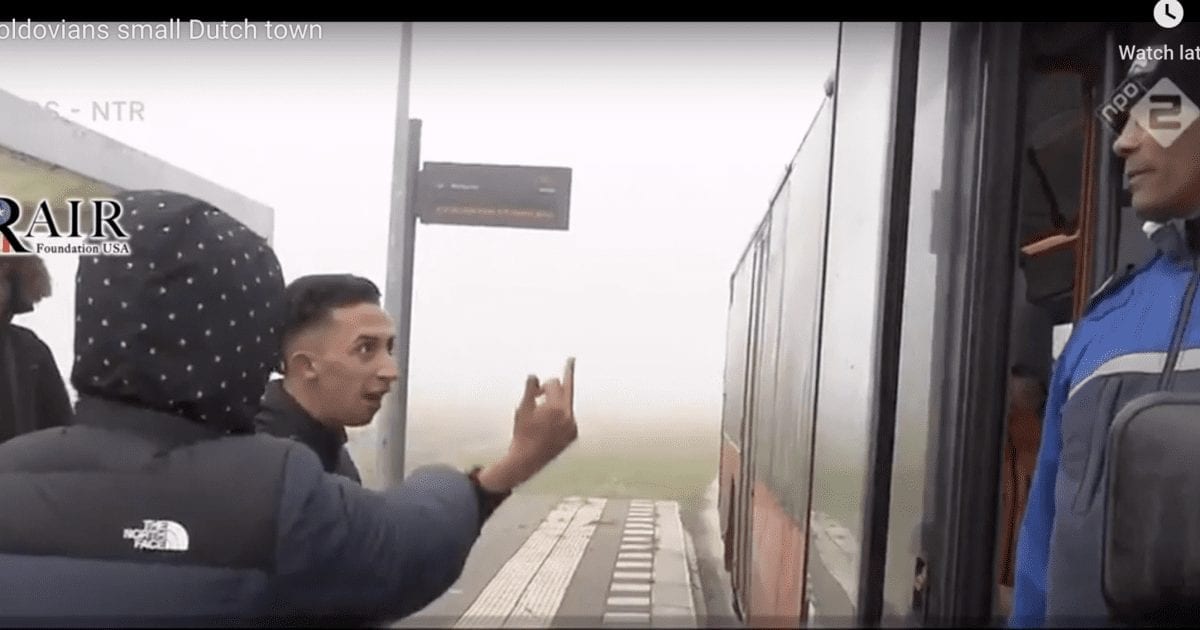
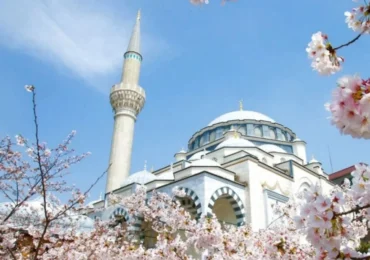
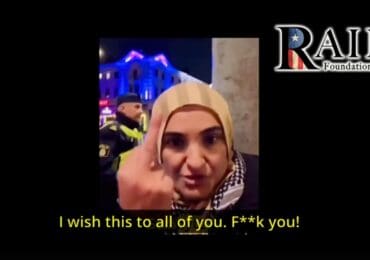
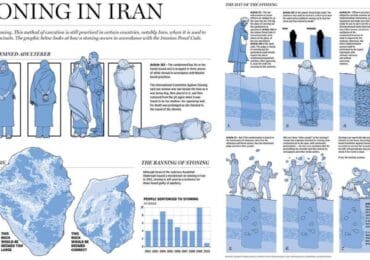
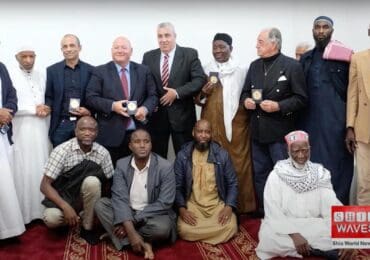
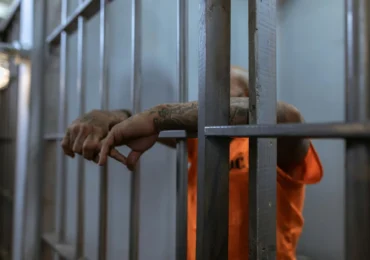
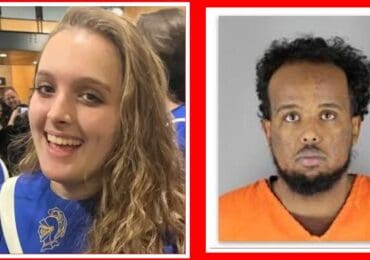

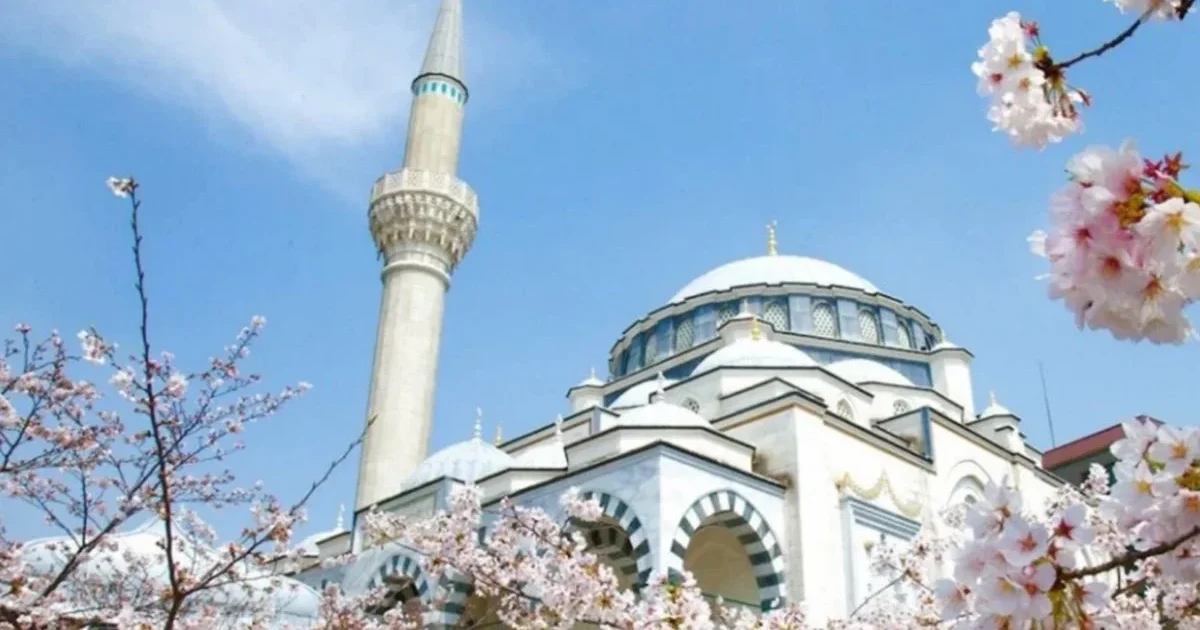
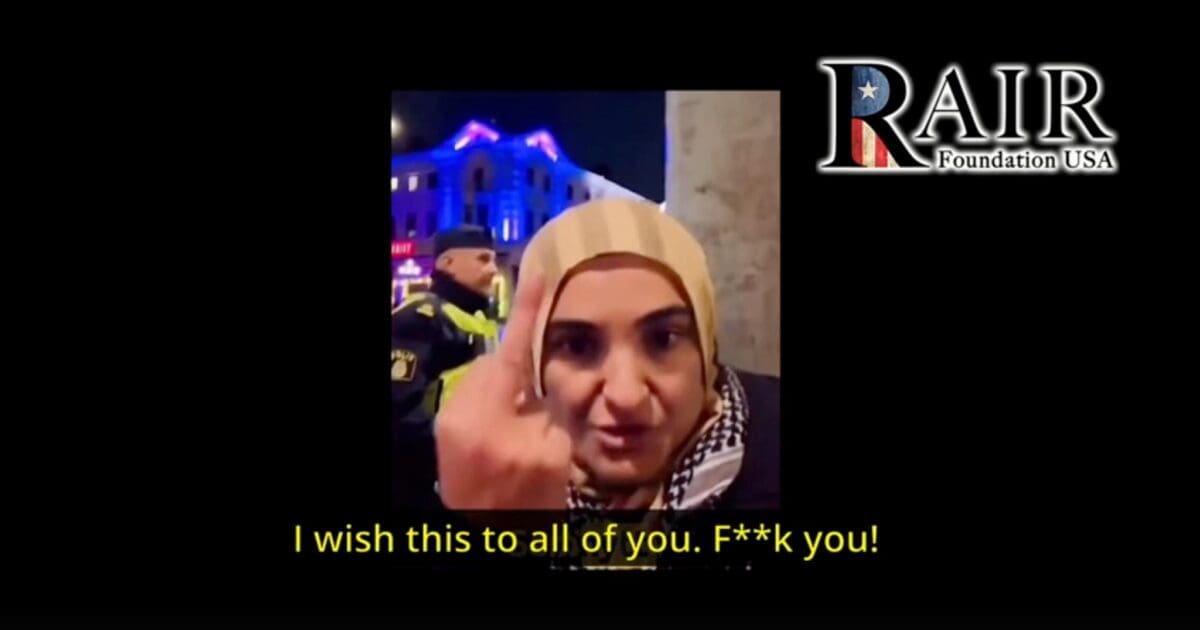
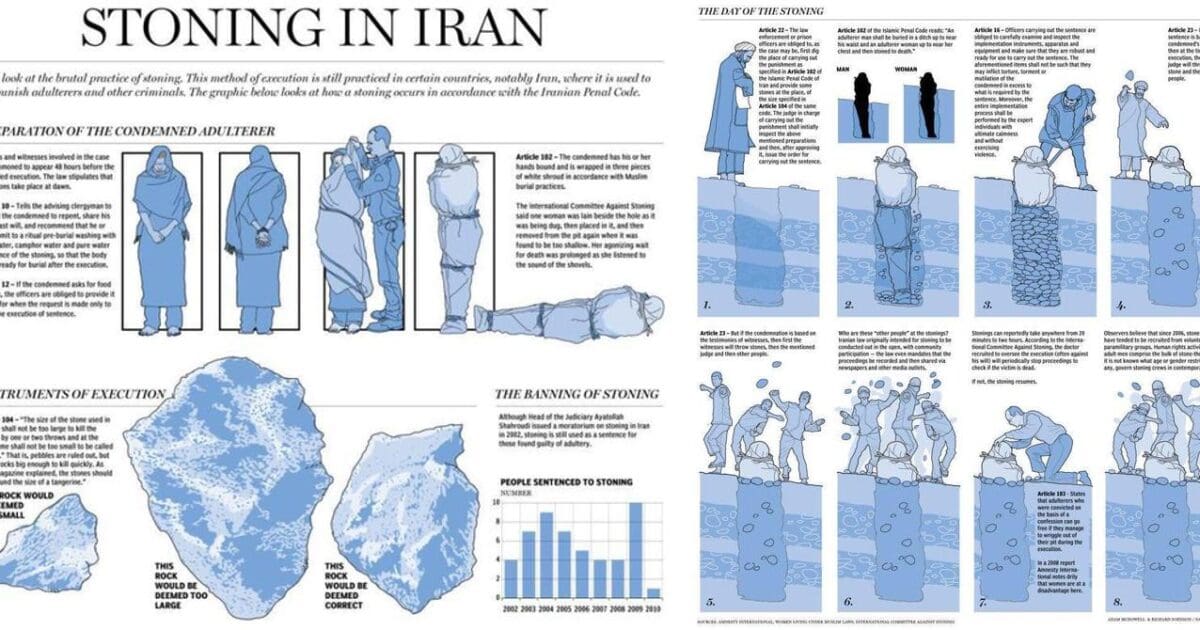
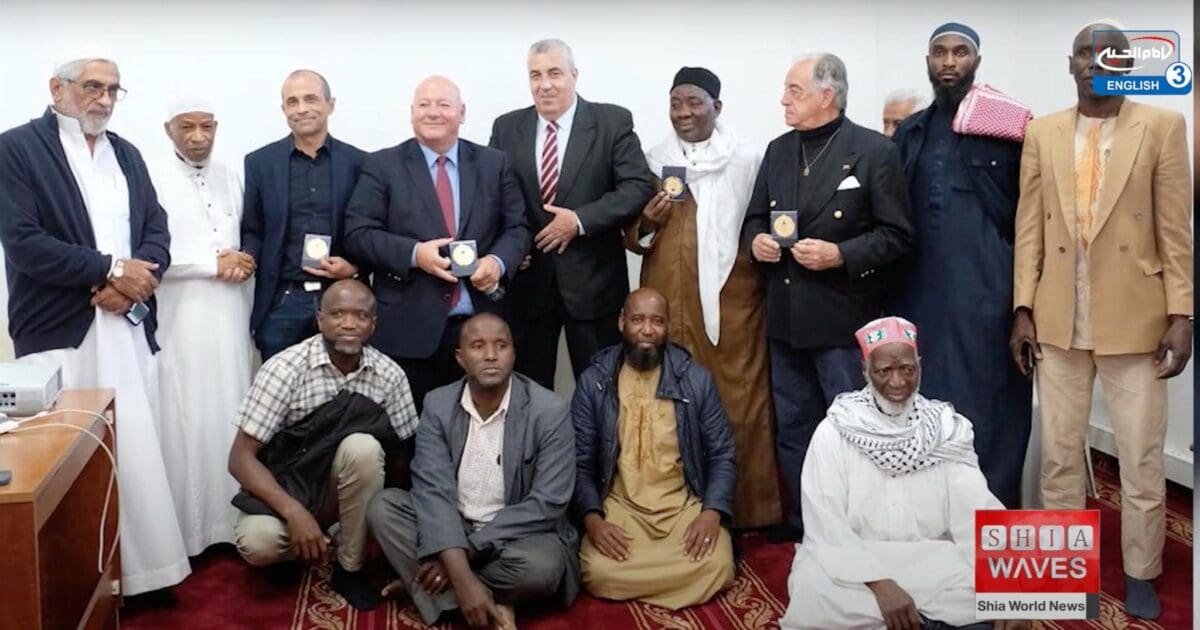
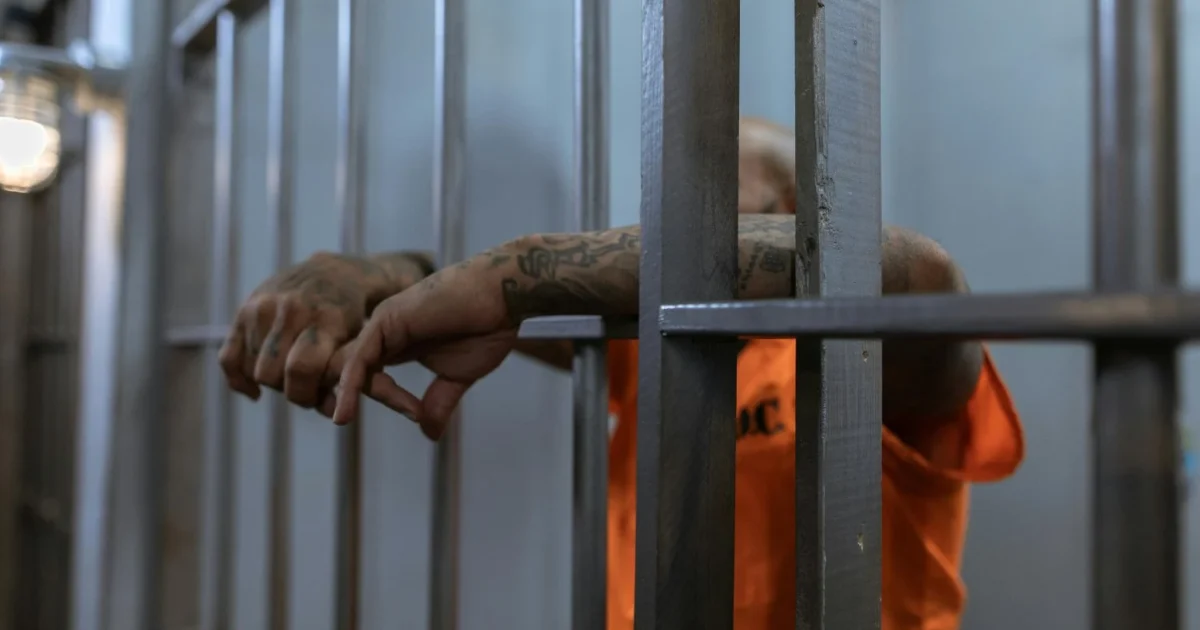
Hey, Mayor Jaap Velema, a second reception center for bogus refugees is neither wanted nor needed by normal Dutch people. In fact, any Muslim showing up in your lost country as a refugee claimant ought to be shipped back to his/her country of origin ASAP! Just because things are economically tough there, does not mean they have a right to be in YOUR country. Ship them back — NOW!